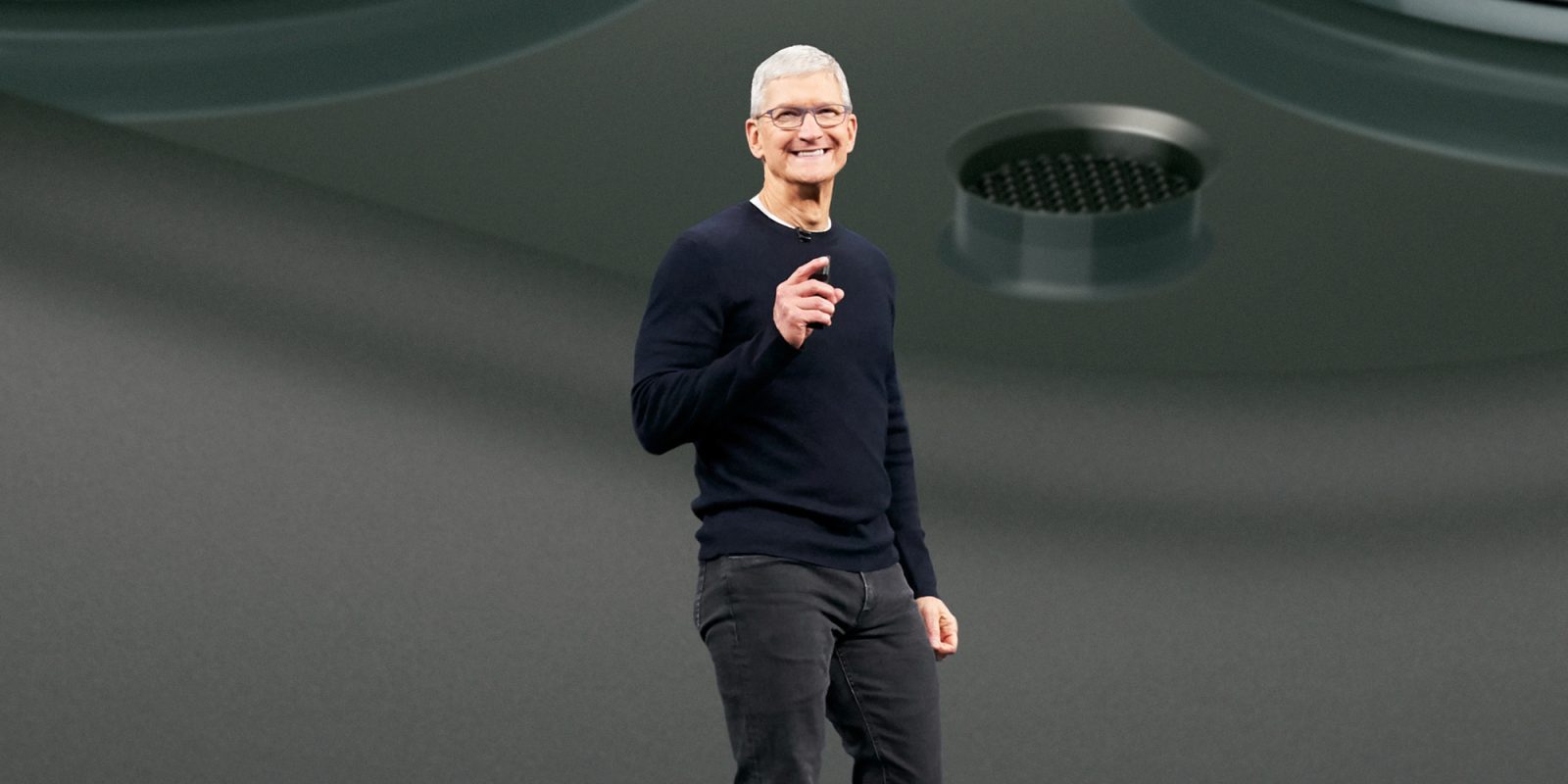Apple’s recent modifications to its App Store policies in the European Union have ignited significant controversy, particularly from Epic Games CEO Tim Sweeney. Sweeney has labeled Apple’s approach as a malicious compliance scheme, accusing the tech giant of undermining the intent of the Digital Markets Act (DMA) by imposing punitive terms on developers who opt for alternative payment methods.
Apple’s Policy Changes and Fee Structure
In an effort to align with the DMA, Apple has introduced several changes:
– Promotion of External Purchases: Developers in the EU can now promote external purchases more freely, including through in-app banners and webviews.
– New Fee Structure: Apple has implemented a three-part fee system:
– Initial Acquisition Fee: A 2% fee on new user acquisitions during the first six months.
– Store Services Fee: Tiered commissions of either 5% or 13%, depending on the services utilized.
– Core Technology Commission: Set to replace the existing Core Technology Fee by January 2026.
While these changes ostensibly provide developers with more flexibility, Sweeney argues that they effectively penalize those who choose to bypass Apple’s in-house payment system. He contends that developers are taxed for opting out and are simultaneously deprived of essential services such as automatic updates, customer support, and family sharing.
Sweeney’s Critique and Proposed Framework
Sweeney has been vocal about his disapproval, stating, Apps with competing payments are not only taxed but commercially crippled in the App Store. He further alleges that Apple intentionally degrades the user experience for these apps by blocking automatic updates and hindering their visibility in search results.
In response to Apple’s policies, Sweeney has proposed a three-point plan:
1. Equal Access to App Store Features: All developers should have access to the same App Store functionalities, regardless of their chosen payment methods.
2. Freedom in Payment Method Selection: Developers should have the autonomy to select their preferred payment processing systems without facing punitive fees.
3. Transparent and Fair Fees: Apple should charge only for the services it directly provides, eliminating what Sweeney refers to as junk fees.
Sweeney emphasizes the symbiotic relationship between Apple and developers, drawing parallels to open ecosystems like Windows and macOS, which have historically supported healthy growth without imposing restrictive policies.
Regulatory Pressure and Developer Skepticism
Apple’s policy changes come in the wake of regulatory scrutiny from the European Commission, which has threatened fines of up to 5% of Apple’s average daily turnover for non-compliance with the DMA. Despite Apple’s assertion that it disagrees with the Commission’s €500 million fine and plans to appeal, the company has stated its intention to comply with the law during the appeal process.
Developers remain skeptical of the new fee structure. While the ability to promote external purchases is a positive development, the associated financial obligations are complex and potentially burdensome. For instance, the Initial Acquisition Fee imposes a 2% charge on new user acquisitions during the first six months, and the Store Services Fee requires developers to pay either 5% or 13%, depending on the services they choose.
Critics argue that these fees effectively maintain Apple’s control over the app ecosystem, merely shifting the cost of doing business outside Apple’s payment system rather than reducing it. Sweeney has described the tiered fees as junk economics masquerading as reform, reflecting a broader sentiment among developers that the changes do not genuinely promote competition or fairness.
Broader Industry Reactions
Sweeney’s criticisms are part of a larger chorus of disapproval from various industry leaders and companies:
– Spotify: CEO Daniel Ek has called Apple’s plan a complete and total farce, accusing the company of disregarding the fundamental requirements of the DMA.
– Microsoft: Xbox President Sarah Bond described Apple’s new policy as a step in the wrong direction, expressing hope that Apple will listen to feedback and work towards a more inclusive future.
– Meta: CEO Mark Zuckerberg criticized Apple’s compliance measures as so onerous that he doubted any developer would choose to engage with them.
These reactions underscore a growing consensus among developers and tech companies that Apple’s approach to DMA compliance may not align with the spirit of fostering competition and fairness in the digital marketplace.
Conclusion
Apple’s recent App Store policy changes in the EU have sparked significant debate and criticism, particularly from Epic Games CEO Tim Sweeney. While the company aims to comply with the Digital Markets Act, many developers view the new fee structures and restrictions as punitive measures that undermine the law’s intent. As regulatory bodies continue to assess Apple’s compliance efforts, the tech industry watches closely to see how these policies will impact the broader app ecosystem and developer community.



